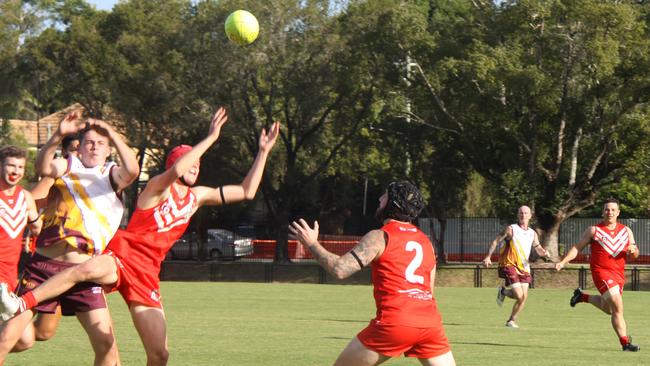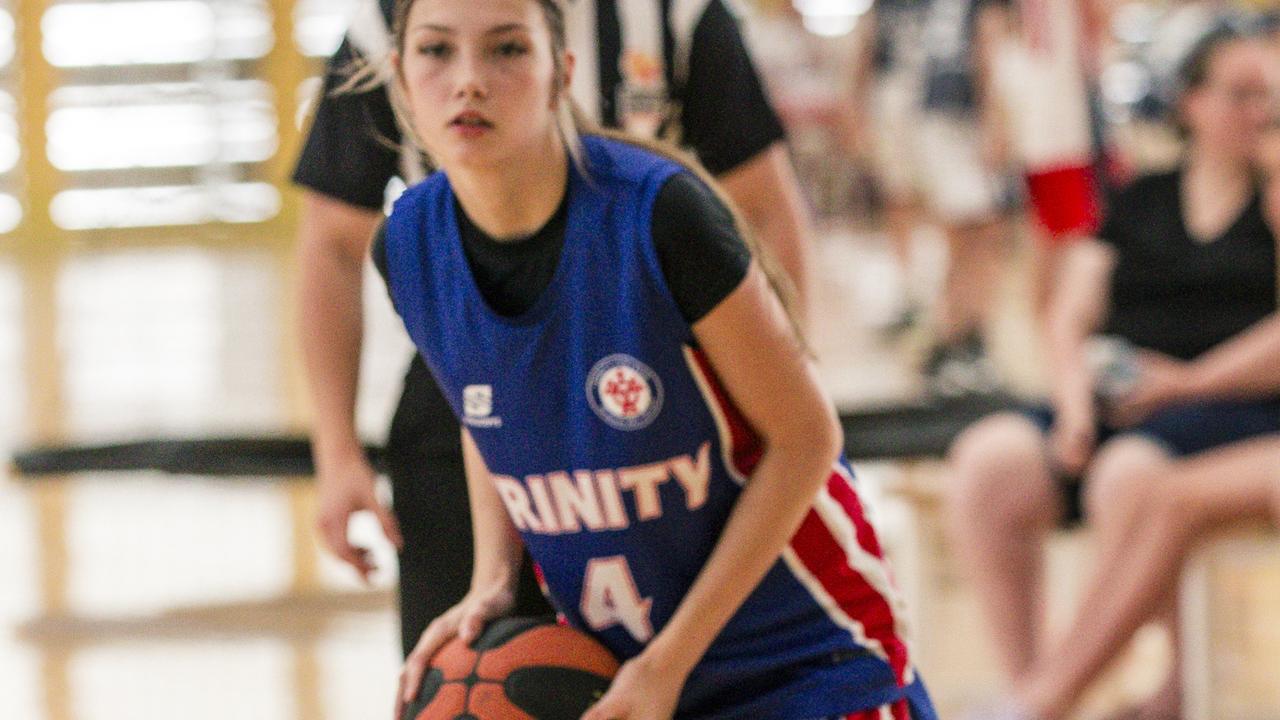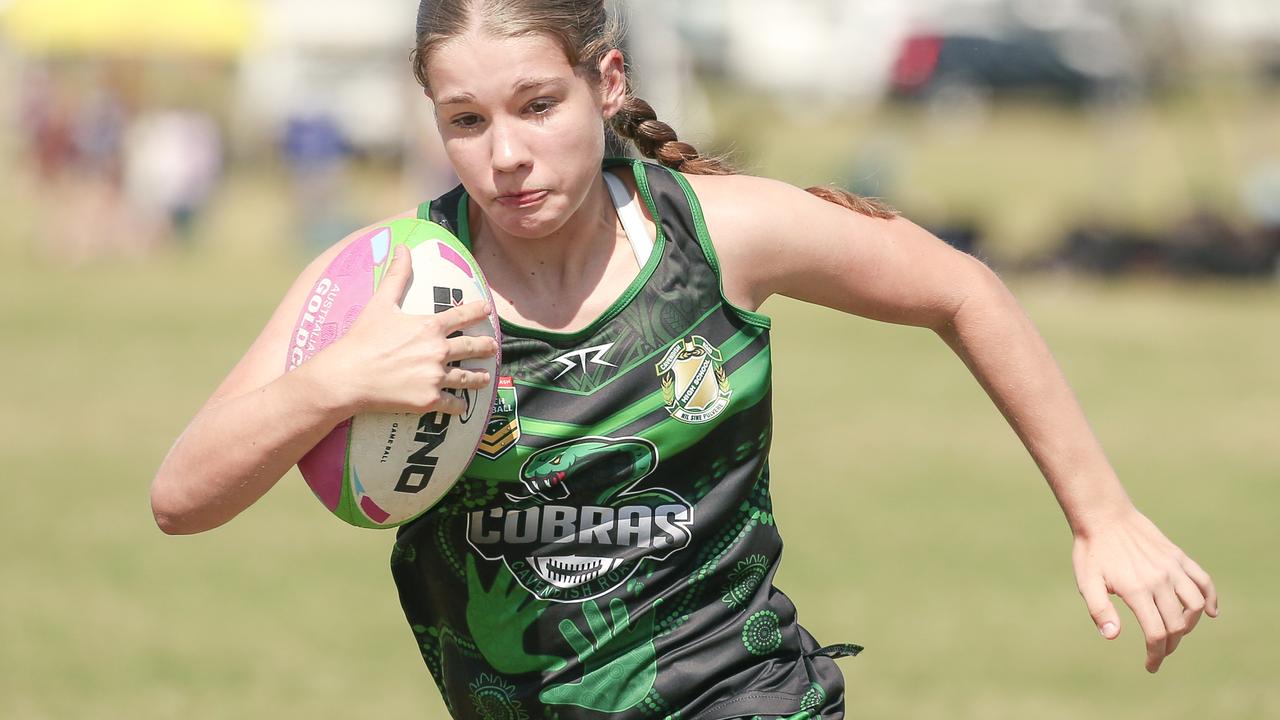AFL doubles time off for players with head injuries
The days where footy players were told to “play on” after a knock to the head are long gone. Tough new guidelines will aim to keep players safer than ever.

Sport
Don't miss out on the headlines from Sport. Followed categories will be added to My News.
It’s the sickening crunch no player, referee, coach or parents wants to hear.
While Aussie rules is a game long associated with physical impact, thankfully, the days of a player taking a knock to the noggin and being told “play on” are long gone.
Tthe Australian Football League has announced its guidelines have been updated and apply to all levels of Australian football below the AFL/AFLW and contain specific provisions for children and adolescents (aged 5-17 years).
Head impacts can be associated with serious and potentially fatal brain injuries.
Changes include an increase from a minimum of six days to 12 days that players will be sidelined following a concussion.
And in a move to ensure youngster players are cared for, the guidelines take a more conservative approach in children and adolescents given they typically recover slower.
The updates AFL Guidelines also stipulate that all players diagnosed with a concussion will now miss at least one match, assuming standard fixturing, and depending on their diagnosis, could miss more, matches as part of the new return to play protocols.
In a statement, the AFL said updating guidelines is vital to player health and safety.
“Our previous concussion guidelines were released in 2017 and have now been updated
based on the latest research, medical advice and consultation,” the AFL said.
“Head impacts can be associated with serious and potentially fatal brain injuries.
“Concussion is caused by trauma to the brain and when the forces transmitted to the brain are high enough, they can injure or “stun” the nerves and affect the way in which the brain functions.”
While in the past head knocks were often at worst ignored or at best misunderstood, today there’s no room for error.
“It is important that the brain is given an appropriate period of time to recover,” the AFL said.
“And that a phased recovery process is followed to decrease the likelihood of any long-term impact from the concussion.”
Formally defined as a complex physiological process affecting the brain, induced by biomechanical forces, concussion can be caused by either a direct or indirect blow to the head, face, neck or body.
The incidence of sport-related concussion and potential health ramifications for athletes is taken seriously as it can lead to complications, including prolonged symptoms and increased susceptibility to further injury.
It’s something that Lismore Swans midfielder Josh McGuinness knows first hand.
During round three of the 2019 AFLQ season at Oakes Oval against the Ballina Bombers, McGuinness collided with a teammate’s elbow which shattered his temple.
Although he didn’t realise it at the time, McGuinness, then 27, suffered a fractured skull which would require emergency surgery, months off the field and have him question if he’d ever kick a Sherrin again.
After an operation at the Gold Coast University Hospital, McGuinness came out with 57 staples, six stitches and two metal plates in his head – and was out for 12 weeks.
Now the committed senior men’s player always runs onto the ground with a protective helmet.


